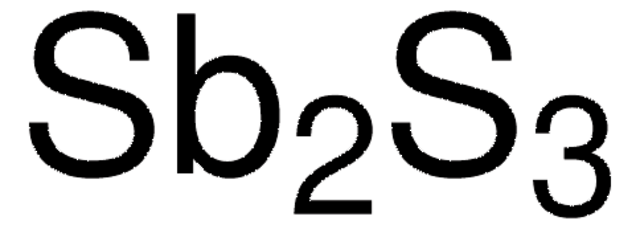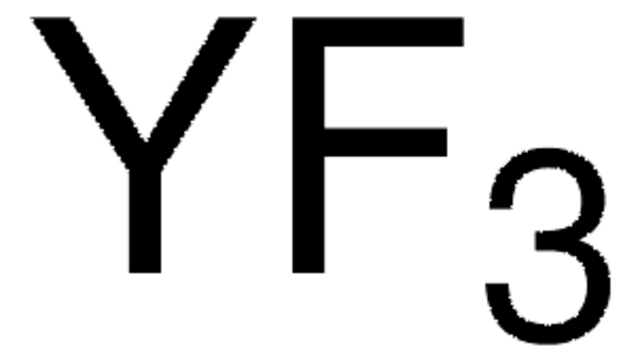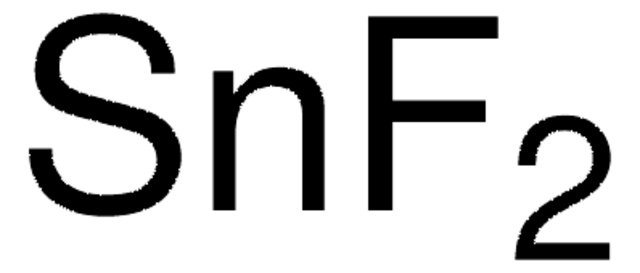333271
Zinc sulfide
pieces, 3-12 mm, 99.9% trace metals basis
Synonym(s):
Zinc sulphide
About This Item
Recommended Products
Quality Level
Assay
99.9% trace metals basis
form
pieces
reaction suitability
core: zinc
reagent type: catalyst
particle size
3-12 mm
density
4.1 g/mL at 25 °C (lit.)
SMILES string
S=[Zn]
InChI
1S/S.Zn
InChI key
WGPCGCOKHWGKJJ-UHFFFAOYSA-N
Looking for similar products? Visit Product Comparison Guide
Application
- Preparation of flexible transparent conductive coatings essential for fabrication of a variety of printed electronic devices such as flexible displays and solar cells
- Prepare a composite CdS-ZnS/Zirconium-titanium phosphate (ZTP) photocatalyst for hydrogen production under visible light
- Prepare light-controlled bioelectrochemical sensors based on CdSe/ZnS quantum dots
- Catalyst for photocatalytic degradation of organic pollutants
- Preparation of color tunable light-emitting diodes (LEDs)
- Prepare (CdS-ZnS)-TiO2 combined photocatalysts for electricity production via photoelectrocatalysis
- Catalyst for synthesis of spirooxindole derivatives in aqueous medium via Knoevenagel condensation followed by Michael addition
- Prepare CdSe/ZnS q uantum dots for chemiluminescent and chemiluminescence resonance energy transfer (CRET) detection of DNA, metal ions, and aptamer-substrate complexes
- Preparation of ZnS nanocrystals for ultrasensitive protein detection in terms of multiphonon resonance Raman scattering
Storage Class Code
13 - Non Combustible Solids
WGK
nwg
Flash Point(F)
Not applicable
Flash Point(C)
Not applicable
Personal Protective Equipment
Regulatory Listings
Regulatory Listings are mainly provided for chemical products. Only limited information can be provided here for non-chemical products. No entry means none of the components are listed. It is the user’s obligation to ensure the safe and legal use of the product.
PDSCL
Deleterious substance
JAN Code
333271-50G:4548173295930
333271-250G:4548173295923
333271-BULK:
333271-VAR:
Choose from one of the most recent versions:
Already Own This Product?
Find documentation for the products that you have recently purchased in the Document Library.
Our team of scientists has experience in all areas of research including Life Science, Material Science, Chemical Synthesis, Chromatography, Analytical and many others.
Contact Technical Service







